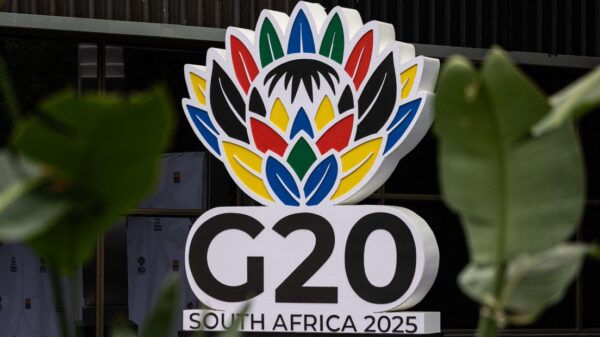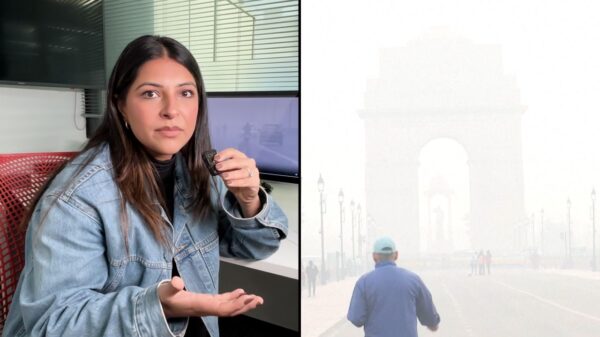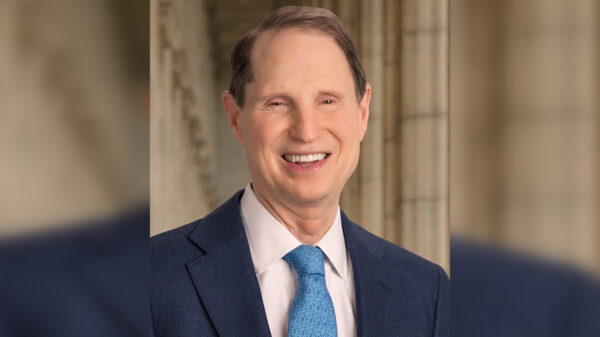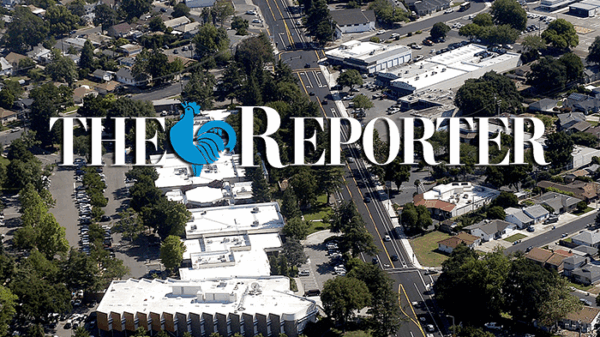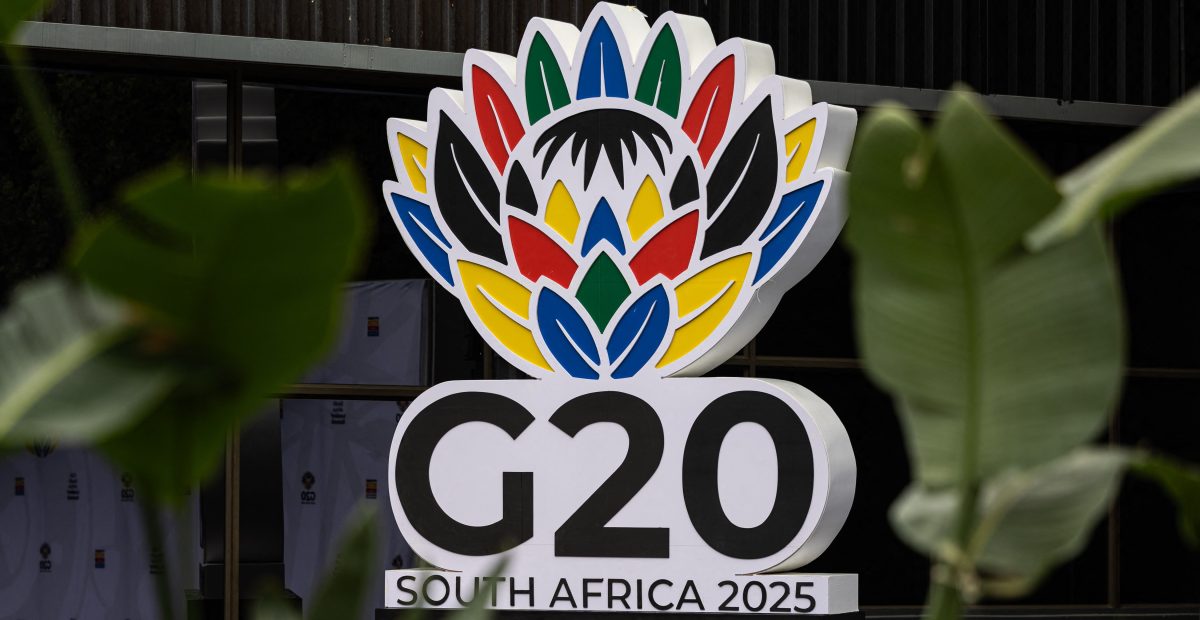UPDATE: President Donald Trump has confirmed he will not attend the upcoming G20 Summit in Johannesburg, South Africa, scheduled for November 22-23, 2023. This marks a significant absence as other global leaders, including Xi Jinping of China and Vladimir Putin of Russia, will also be missing, raising urgent questions about the summit’s effectiveness.
The G20 is a critical forum representing 85 percent of the global economy, 75 percent of international trade, and two-thirds of the world’s population. Trump’s absence, alongside that of other leaders, threatens to undermine the group’s credibility, particularly as it gathers for the first time on the African continent.
Trump has cited concerns over alleged violence against white South Africans, referring to a disputed claim of genocide in the country, which South African officials vehemently deny. South African President Cyril Ramaphosa hinted earlier that the U.S. might reconsider its participation, but the White House promptly labeled this as “fake news.” Karoline Leavitt, White House press secretary, stated that U.S. representation will be limited, with David Greene, the embassy’s charge d’affaires, attending only for the ceremonial handover of the G20 presidency.
Notably, Xi Jinping will be represented by Premier Li Qiang, while Vladimir Putin has delegated Maxim Oreshkin, deputy head of presidential administration, to lead Russia’s delegation. Putin’s absence is particularly poignant, given the International Criminal Court’s arrest warrant issued against him for war crimes related to the conflict in Ukraine. South Africa, as an ICC member, faces a legal dilemma regarding Putin’s potential arrest should he attend.
Additionally, Javier Milei, the President of Argentina, will not be present, delegating his foreign minister Pablo Quirno instead. Claudia Sheinbaum, President of Mexico, has also opted out, sending a senior minister in her place. These decisions underscore a growing trend of leaders prioritizing national agendas over multilateral discussions.
As the summit approaches, Ramaphosa called for fairness in international relations, emphasizing that “geographical location or income level should not determine a nation’s voice.” Meanwhile, Leavitt criticized Ramaphosa’s comments regarding the U.S., stating such rhetoric is not appreciated.
Experts warn that the absence of key leaders will diminish the G20’s potential impact on pressing global issues, including climate finance and debt relief, both of which South Africa aims to address. Christopher Vandome, a senior research fellow at Chatham House, noted that without the participation of major powers, the summit is unlikely to achieve meaningful consensus.
The G20, founded in 1999 following the Asian financial crisis, aims to foster global economic stability and development. However, as tensions rise and multilateralism is increasingly challenged, the upcoming summit may not deliver the solidarity needed to address urgent global challenges.
Stay tuned for further updates as the situation develops and more details emerge about the G20 Summit’s proceedings and implications for international relations.



